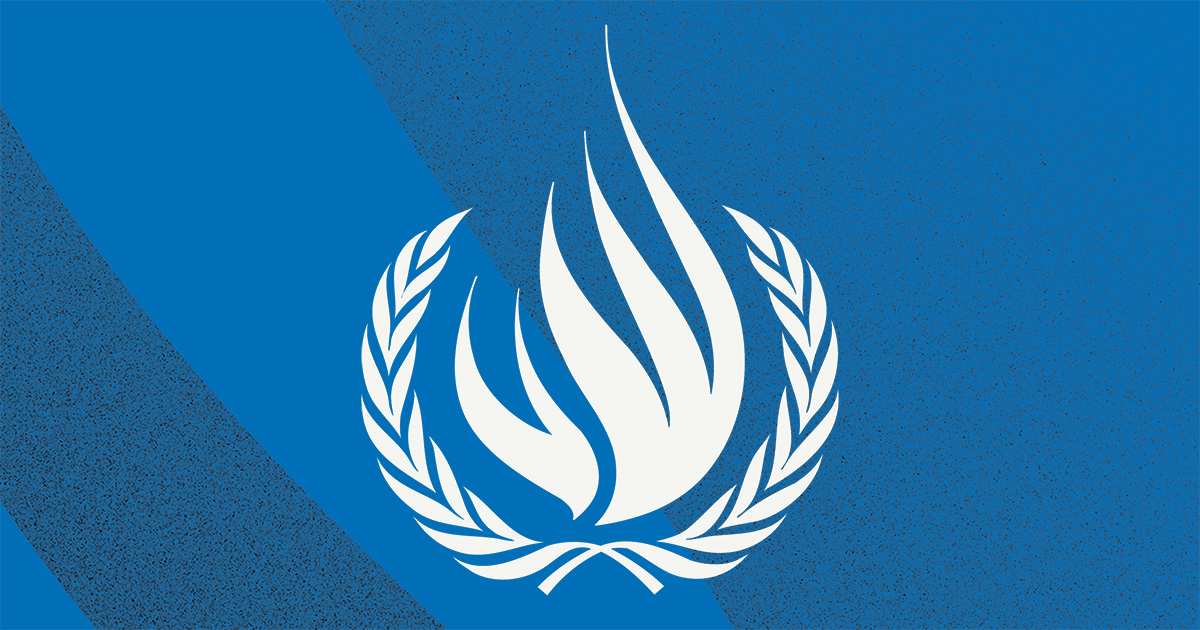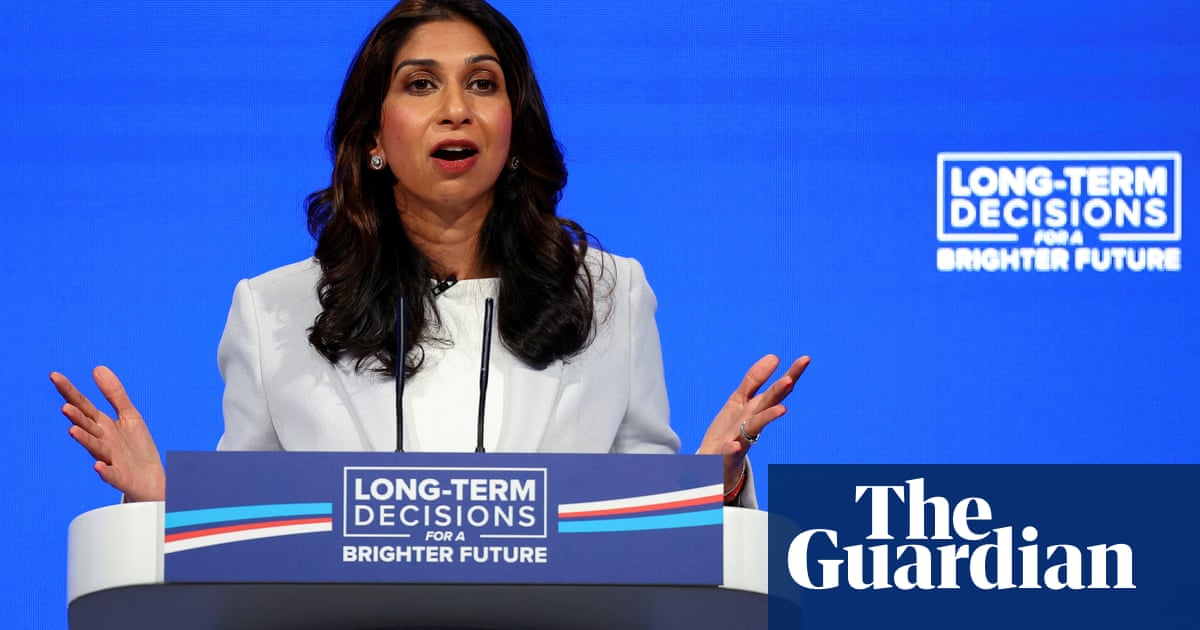
Judging by the way the global media is treating it, the long talked-about summit between US President Donald Trump and his Russian counterpart Vladimir Putin had created more heat than light with the future course of relations between Washington and Moscow still murky.
However, part of the pessimistic, not to say dismissive, reaction to the Helsinki summit may be due to the internal political struggle in the United States as the anti-Trump coalition seize on the maverick president’s every faux-pas to score points against him. The mainstream media in the US devoted more space and time to Trump’s refusal to formally accuse Russia of meddling in the last presidential election than to the substantive “road-map” agreed for future discussions.
Some anti-Trump US Democrats even accused the president of “treason” for not endorsing the preliminary conclusions of US Intelligence agencies that assert a possible Russian involvement. The fact, however, is that the only “fact” that one could dig one’s teeth in, found by intelligence agencies so far is that a group of Russians, to fully unmasked, spent $100,000 on Facebook to spread fake news about Hillary Clinton’s presidential campaign.
A decade ago those who now grant the conclusions of intelligence agencies a sacred status were castigating the spooks for fabricating evidence to prove that Iraqi despot Saddam Hussein had weapons of mass destruction.
Setting aside the controversy over the alleged Russian shenanigans in the US president election, the Helsinki summit has had at least three significant results.
The first of these is the renewal of contact at the highest level between the two powers that, partly thanks to history and to military resources are still able to affect things in some key parts of the world, notably eastern and central Europe and the Middle East. Throughout much of the Cold war, level of contact helped avoid crises from going beyond certain levels of intensity, thus helping stability and peace in many parts of the globe.
The second positive result is that the very prospect of the summit has had a calming impact on Russia’s behavior that for a time bordered on going rogue.
Since last March, Putin has de-intensified the conflict in eastern Ukraine to the chagrin of its allies and mercenaries seeking a breakaway republic. That cooling down policy has not been affected by Trump’s decision to loosen the arms embargo imposed by former President Barack Obama on the government in Kiev. Putin has also ordered a de-escalation in the Baltic Republics, signaling an end of his bullying campaign especially against Latvia and Estonia.
In the same category is Putin’s decision to forcefully re-state Russia’s support for Israel combined with a warning that attempts at undermining the security of the Jewish state won’t be tolerated. Linked to that is Russia’s decision to “persuade’ the Islamic republic of Iran to redeploy its 80,000-strong military contingent, including Lebanese, Afghan and Pakistani mercenaries, away from the borders of Israel, Lebanon and Jordan with the ultimate aim of complete withdrawal from Syria.
Putin’s decision to ask the Iranians to go home was formally relayed to “Supreme Guide” Ali Khamenei during a visit to Moscow by his special adviser Ali-Akbar Velayati. Official media in Tehran indicate that the “redeployment” is already underway.
Finally, the two sides have agreed to reopen a long forgotten arms limitation project aimed at further cuts in their nuclear warheads and at least scaling back plans to produce miniature warheads and smart missiles to carry them at combat theatre level. Together the United States and Russia own at least 90 percent of the world’ nuclear arsenal which, they have promised in the past, to reduce it by at least half over a decade.
Related to the issue of nuclear arms control is the agreement, established in 2005, to work together to bring the Nuclear Nonproliferation Treaty (NPT) up to date and boost the existing mechanisms for detecting and stopping illicit nuclear activity across the globe.
In that context, Putin has been remarkably cooperative in maintaining pressure on Iran to agree to further negotiations designed to address concerns expressed by the US in a 12-point desiderate published by Secretary of State Mike Pompeo. Interestingly, the most significant points in that desiderata are contained in the UN Security Council resolution which Iran initially rejected, but is now indicating it might accept.
To cap it all, Moscow and Washington have established a road-map for future work on issues of mutual interest. The road-map was worked out during the trip to Moscow by the US National Security Adviser John Bolton prior to the Helsinki summit. The “roadmap” contains the germs of many promises that only the future will show whether they can be realized.











